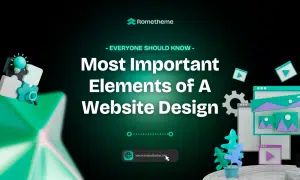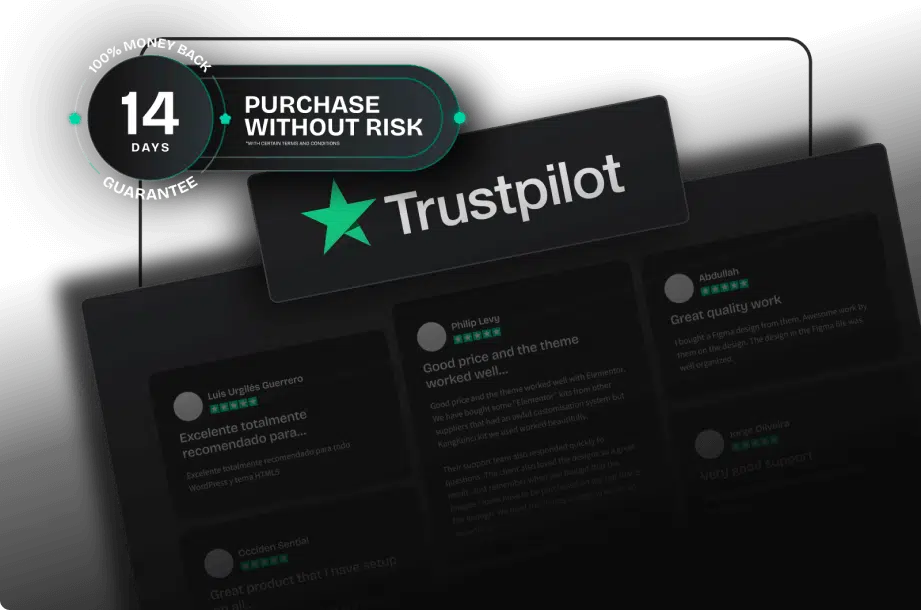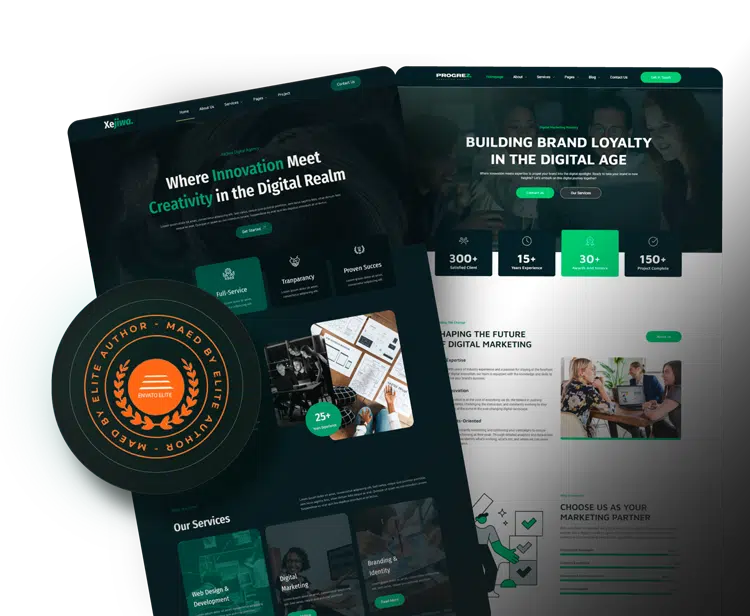These thumbnails are an important part of our interactions with computers, smartphones, tablets, and other gadgets, and have become very important in web design.
At first, the icon has been used long before the online era. Can’t road signs also be called icons? These were some of the first icons that started to follow and use to navigate in real life.
In the world of computing, icons have become an important part of it. Icons convey meaning and become tools to communicate an action. There are several aspects related to icons that directly affect the usability of a website. However, not all icons are valid and not all icons must be understood by the user. Icons themselves are used in web design to help you improve the user experience. Before discussing how important icons are in web design, let’s first look at the history of the emergence of icons in web design.
- From religious iconography to our computer desktops
Not many know that the word “icon” was originally used in the religious field to refer to images depicting sacred figures: statues, paintings, etc.
However, it was with the appearance of the first computers more than 40 years ago when icons (as we know them) first appeared.
- Xerox Star- Pioneer
The first GUI (Graphical User Interface) was used in the 1970s by Xerox, and in the early 80s, they developed the first computer with graphic icons, the Xerox Star.
- Apple icons Lisa and Susan Kare: a fun touch
In 1983, Susan Kare’s approachable and fun design gave the Apple Lisa a relaxed interface. Little did Kare know that his icon would set a precedent in GUI history. Some of them are still used on our desktops. Back there, the icon is flat and black and white.
The state of icons nowadays
Rapidly developing technology has actually influenced the development of icon design which started from flat black and white icons to become more colorful and with a variety of more realistic looks. Icons are also starting to be used as everyday conversations juxtaposed with text to make them easier to understand.
As time goes by, people start to become so used to icons that they don’t have to question them anymore. Likewise, website creation, cannot be separated from interactions that use icons. What happens if the website only contains long text without icons.
However, increased user engagement means a higher need for best practices when working with icons. So, how to use icons properly to improve user experience and navigation on websites?
Icons in Web Design: Their Characteristics
Icons are powerful visual tools. When used properly, they improve navigation and increase user satisfaction. However, when used incorrectly, they become distracting and produce unwanted visual noise. That’s why icons are so important in Web Design.
Every designer should know that icons should be simple and concise. But there are also other aspects that determine their success in designing a website.
- Icons should be simple
Avoid using too many details. Icons are metaphors for text. Remember again that the main purpose of icons is to communicate an action or function in a clear and understandable manner. Long and complex text is difficult to understand and affects the user experience. Similarly, users will have a hard time recognizing icons with a lot of detail. When in doubt, opt for a simple design that is recognizable at first glance.
- Icons must be concise
When communicating with a friend by sending a text message, we use emoji which of course must be in accordance with the topic we are talking about. Therefore, before using it, make sure we understand the meaning of the icon or emoji so as not to cause confusion. Likewise with the use of icons in web design, make sure the icons used do not confuse users and try to use icons that are not excessive.
Also, remember that the icons should be as compact as possible. In the user interface, space is very valuable, and there should be enough space for various functions.
- Use icons that are easily recognizable and user-friendly
When choosing an icon for a web design, make sure the user recognizes the design. To do so, the concept of an icon must be clear, relatable, and linked to the function or feature it describes.
If an icon is difficult to interpret at first glance, it means users will have to relearn its meaning every time they access the website. And that’s not cool.
When a designer selects an icon for a website, he or she must pay attention to the concept that the icon represents, with potential users in mind. There are several universal icons used around the world that are understood by the general public, although these are only a few.
Among these familiar icons, we can find some such as envelopes for emails, or Word’s famous diskette for its “save” feature. Some of these icons were born in the last century but survive to this day, making them excellent examples of well-designed icons.
- Icons must be useful for usability
The icon should help the user to navigate through the website. As technology develops, our impatience also increases. We’re used to getting things really fast, and if we find something difficult, we don’t even bother trying. Thus, web design should support the user experience and make it positive.
To improve web usability, designers should pay attention to aspects such as the meaning behind each icon, where it is located, whether the icon helps the user to perform a certain action, etc.
However, when abused, they affect navigation and create unwanted visual distractions, failing to provide a positive user experience.
- Use text labels
Icons amplify messages. As the saying goes, “a picture is worth a thousand words.” And in this case, it came true. Icons can communicate more things than text in a smaller space.
However, not all users understand all icons, especially certain icons of an app or website, as they can have different interpretations. Some interfaces choose a trainer sign or dialog text that appears on the icon when hovering over the cursor. That is a good idea.
- Choose a consistent location
The position is important, and it is closely related to user impatience. We want things to be easy, so we hope the website doesn’t make us relearn the icon every time we visit a new page. It’s tiring.
Thus, it will benefit your website if users can find the icons where they need to be. For example, web designers usually place a hamburger menu in the top left corner, so make sure your menu is available to users.
Location is also important when it comes to text labels. If you decide to use multiple labels, always place the icon first. The visual impact is higher than the text.
- Icons must contribute to aesthetics
While you should choose usability over creativity when it comes to web design, it’s important that the icons you choose follow the style of the site and reinforce it. It is also important to affect the user’s viewing comfort on our website.
All icons should have a similar style or design whenever possible. If you choose to be creative, make sure the style is clearly identifiable throughout the site.
- Icons should promote diversity
Apart from making everyone feel included, icon diversity is synonymous with usability and an improved user experience. Failing to provide an inclusive icon means excluding potential users.
In recent years, people have come out with stereotypical ideas hidden in language and are moving towards more inclusive ways of communication that reach everyone. Efforts to promote these diverse languages can also be transferred to icons.
Use icons that include as many people as possible. In this way, you will help promote fairer and more inclusive communication, and you will reach more people than just using the white male icon.
So, do you think icons are really important in a web design, or are they just complementary and don’t have much impact on users?
Source: freepik.com








